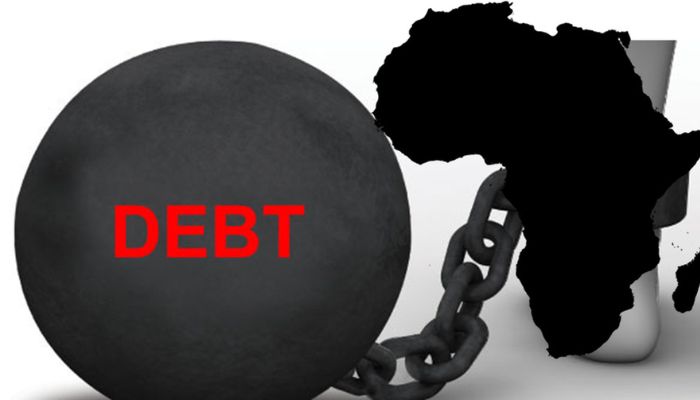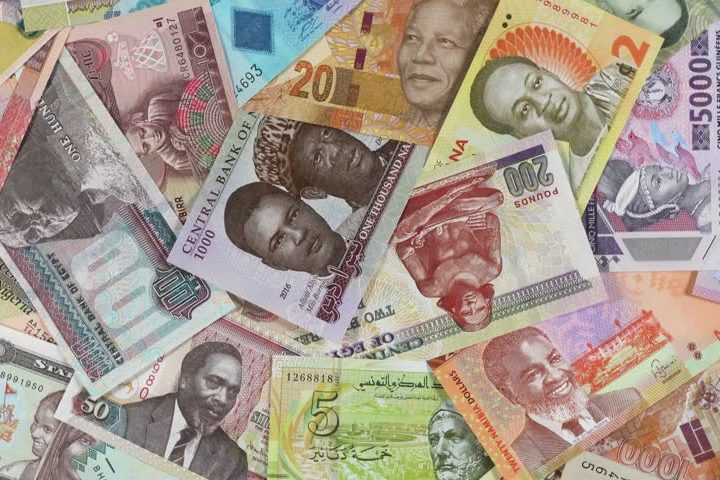The International Monetary Fund (IMF) has approved the $3 billion loan requested by the Ghanaian government, as the firm moves to assist the government in its ongoing debt restructuring and economic recovery.
Ghana is faced with financial challenges that have resulted in the company’s inability to repay creditors that invested in the government’s securities.
Join our WhatsApp ChannelIMF said the initial disbursement from the loan will be $600 million. Ghana has requested the loan to stabilise its macroeconomic and debt sustainability.
Recall that Prime Business Africa had reported that Nigerian banks were affected by the financial crisis in Ghana, as United Bank for Africa (UBA), Ecobank, and more reported losses due to the 30 per cent cut in investment Ghanaian Government requested.
The cut in investment is part of Ghana’s ongoing debt restructuring, which the IMF intend to help successfully complete.
Also, IMF will help develop a framework to tackle Ghana’s financial challenges, as well as assist in the mobilisation of external financing from development partners.
Speaking on the agreement, the IMF Managing Director, Kristalina Georgieva, said: “In response, the authorities have launched a comprehensive reform program, to be supported by the ECF-arrangement. It is focused on restoring macroeconomic stability and debt sustainability as well as implementing wide-ranging reforms to build resilience and lay the foundation for stronger and more inclusive growth.”
“Capacity development and continued support by development partners would be critical for the successful implementation of the authorities’ program.
“Fiscal consolidation is a core element of the program. A substantial and front-loaded fiscal adjustment has started with the 2023 budget.
“Enhanced revenue and streamlined expenditure will be combined with policies to protect vulnerable households and create room for higher social and development spending in the medium term.
“With a view to fostering lasting fiscal discipline, the authorities are also advancing reforms to enhance domestic revenue mobilization, strengthen public financial management, and tackle the deep challenges in the energy and cocoa sectors.
“The government has also launched a comprehensive debt restructuring, including both domestic and external debt, to place debt on a sustainable path. Effective collaboration by all parties involved would be critical,” Georgieva said.
“Preserving financial sector stability is critical for the success of the program. Given the adverse impact of the domestic debt restructuring on balance sheets of financial institutions, the authorities will devise and implement a comprehensive strategy to rapidly rebuild financial institutions’ buffers and exit from temporary regulatory forbearance measures.
“Monetary and exchange rate policies under the program will focus on reining in inflation and rebuilding foreign reserve buffers. The Bank of Ghana will continue tightening monetary policy until inflation is on a firmly declining path and will eliminate monetary financing of the budget. The central bank will also enhance exchange rate flexibility and limit foreign exchange interventions to rebuild external buffers.
“An ambitious structural reform agenda is being put in place to reinvigorate private sector-led growth by improving the business environment, governance, and productivity.”


















Follow Us